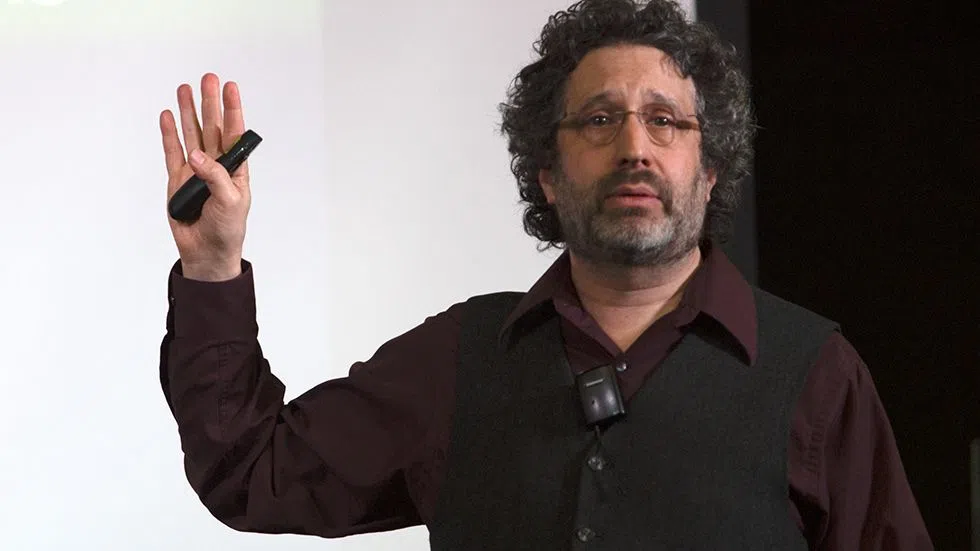
Yearend Coverage: Looking at the roots of Northern Sask’s suicide crisis
The month of October was cruel to youth in Saskatchewan’s North.
Six girls between the ages of 10 and 15 took their own lives over the span of just a month. Reports surfaced of over 20 more attempts in some communities during the following weeks.
In an act of resilience the communities of Stanley Mission and La Ronge came together to support their young residents during the crisis.
Being at the Senator Allen Bird Memorial Centre when Grand Chief Ron Michel announced the death of a young girl from Deschambault Lake was an eye-opening experience. The mood shift in the building from an election atmosphere to compassion was sudden and completely unexpected.


